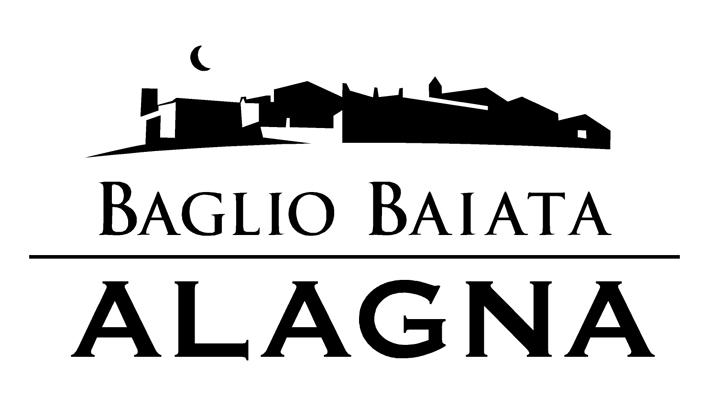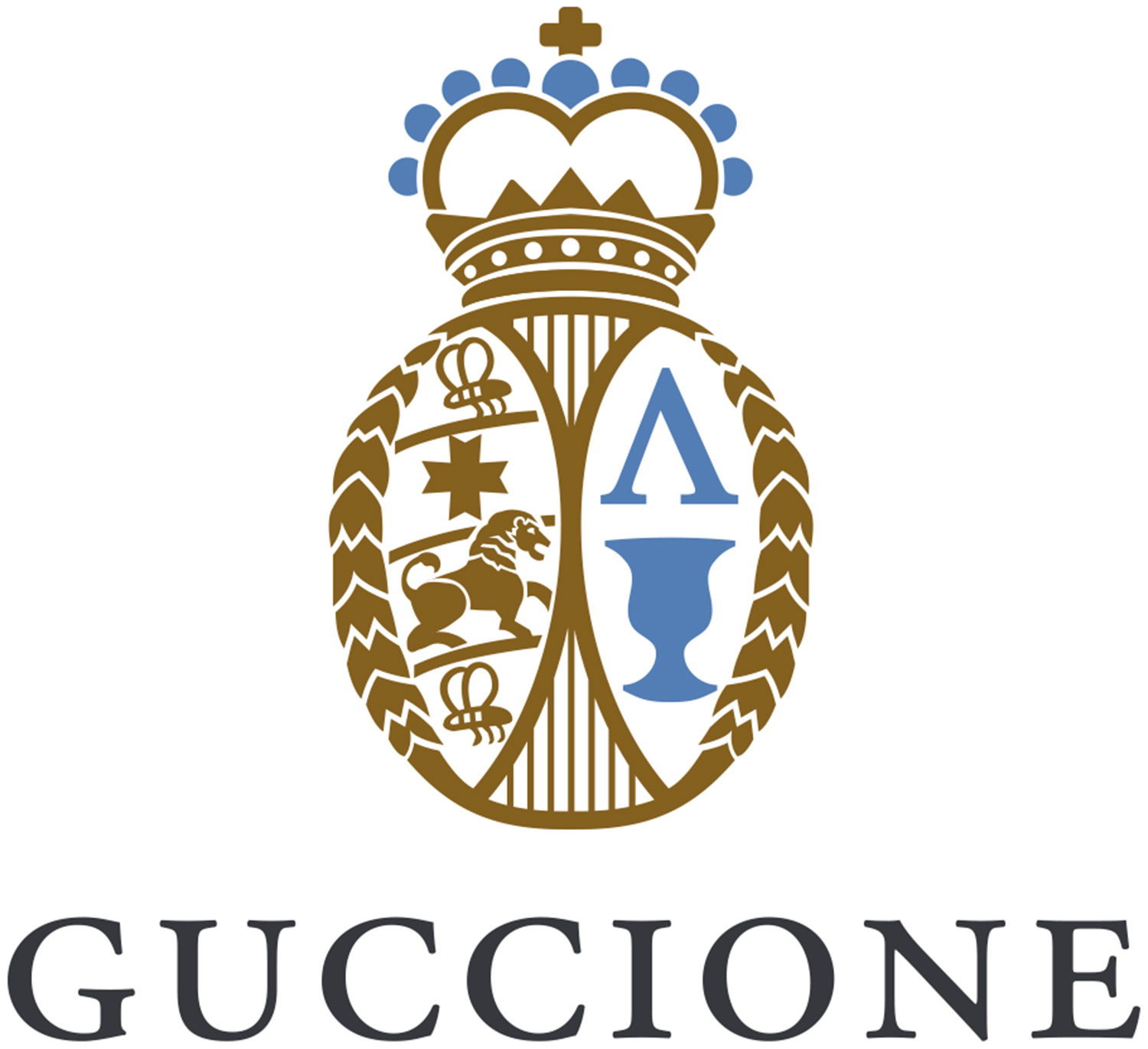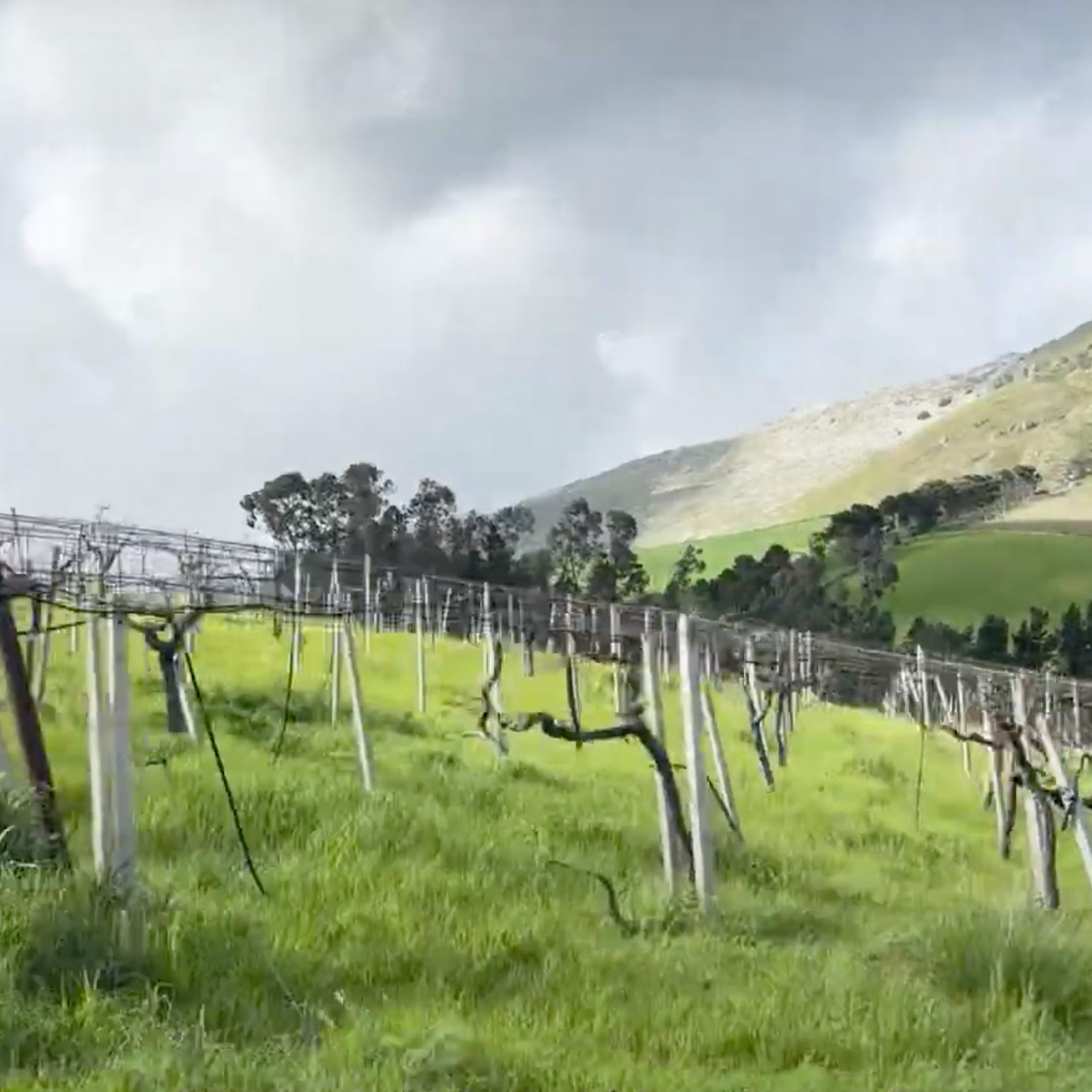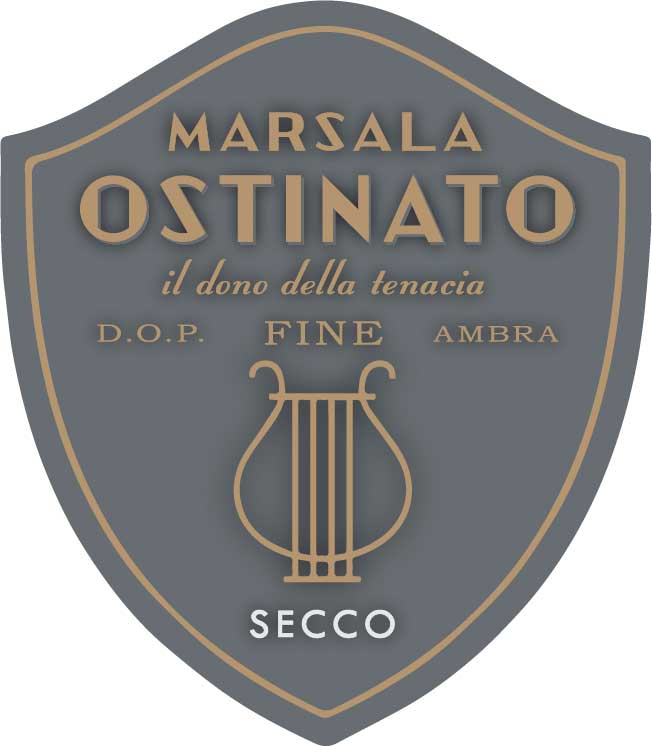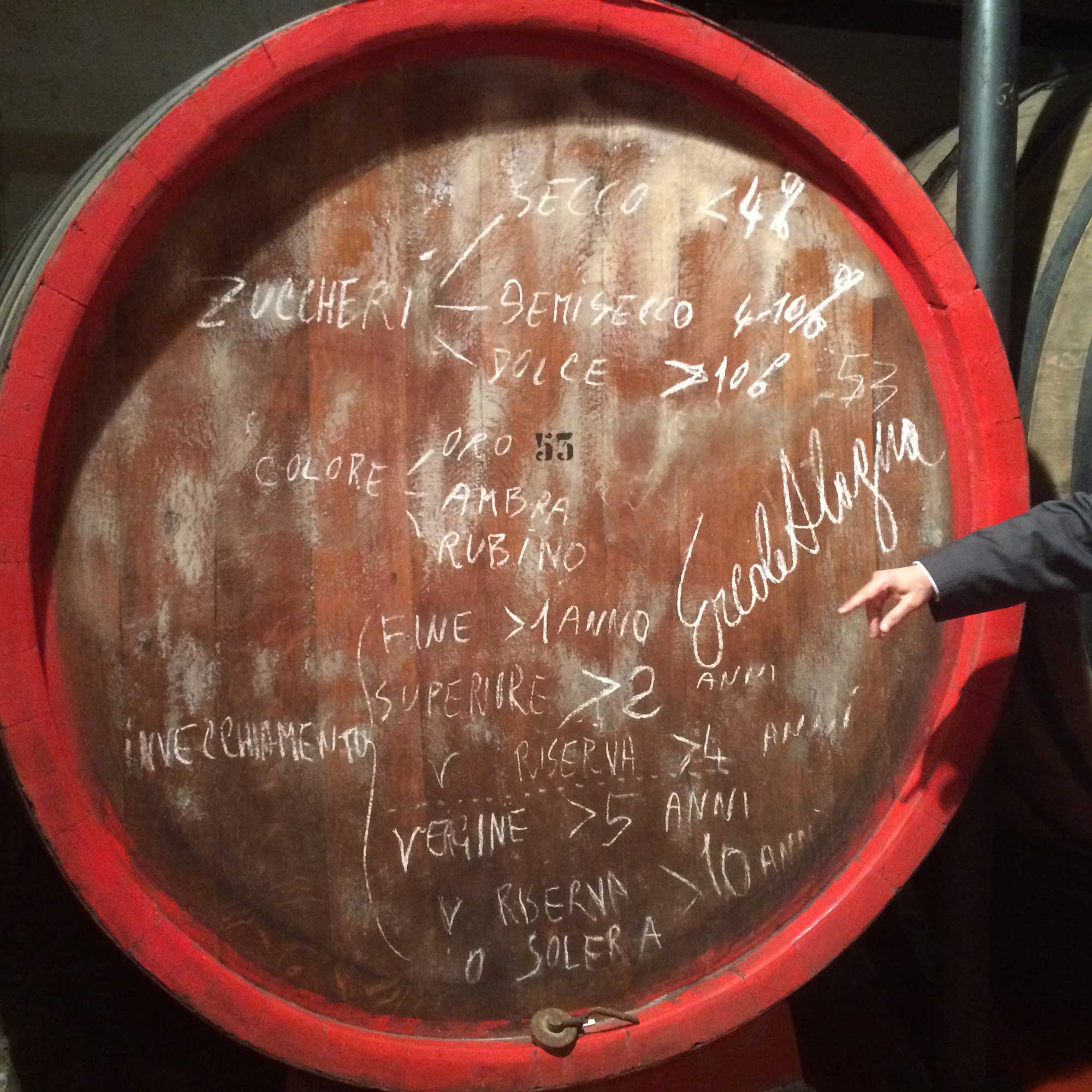Sicily
Categories: White Wine, Red Wine, Marsala
Italy’s southernmost region and the largest island in the Mediterranean, Sicily has been renowned since classical antiquity for its diverse agricultural bounty, celebrated by commentators and historians including Timaeus of Taormina and Pliny the Elder. Known as ‘the granary of the Roman Empire’, it is also famous for its sea salt as well as all manner of citrus fruits; almonds and pistachios; artichokes, olives and, of course, grapes.
Sicily has been a center of Mediterranean viticulture and trade for more than 2500 years, and there is evidence that grapes were cultivated commercially as far back as 8000 B.C. by the Phoenicians. The Phoenicians were in turn succeeded by the Greeks, Carthaginians, and the Romans; by the Moors, Byzantines, Aragonese, and Spanish; by the Piemontese, Austrians, Bourbons and finally, the English. For much of that history, it was known for its strong, sweet wines made with Zibibbo (Muscat d’Alexandria) and later for Marsala, one of the world’s great fortified wines.
Today, Marsala remains its best known—and most misunderstood—wine, but the island has begun to shift away from the ‘bulk wines’ that dominated production during much of the latter half of the 20th century. Sicily’s dry Mediterranean climate and coastal breezes make it ideally suited to the production of organic and biodynamic grapes; its diverse topography and remarkable array of climats, soils and high-quality indigenous grape varieties have spurred new ambition in the 21st century. While international grape varieties have found a home here, Sicilian winemakers are increasingly focused on grape varieties unique to the island, especially Grillo, Carricante, and Zibibbo for white wines, and Nerello Mascalese, Nerello Cappucio, Frappato and Nero d’Avola for reds. The emergence of the Faro and Etna DOCs in the early 2000s and the stirrings of a Marsala renaissance can now be seen as a tipping point, and Sicily has become one of Italy’s most dynamic wine regions.
White Wine
Az. Ag. Guccione 'C' 2017
12.0% ABV
Produced from a single-hectare plot of Catarratto Lucido grown at high altitude, this wine is fermented with native yeasts and is aged in stainless steel for two years prior to bottling. It received an additional four years of bottle aging prior to release. Delicate, powerful and expressly mineral—with notes of grilled apricot, beeswax, marjoram and clove—this elegant, soulful wine can be enjoyed thru 2030 and beyond.
Full detailsAz. Ag. Guccione 'T - 12/5' 2012
14.0% ABV
Produced from a 2.8-hectare plot of old-vine Trebbiano—grown in isolated pockets in the Sicilian highlands southwest of Palermo since the 15th century——this extraordinary wine was fermented with native yeasts and was aged in traditional 3000L Mittelberger tini for five years prior to bottling. It was rested in bottle for six additional years prior to release. This is a complex, glowing, geologic wine—autumn in a glass—with lambent notes of apple tart, beeswax, porcini mushroom, almond paste and jasmine. Enjoy through 2040 and beyond.
Full detailsAz. Ag. Guccione 'T' 2017
13.0% ABV
Produced from a single vineyard, 2.8-hectare plot of old-vine Trebbiano—grown in isolated pockets in the Sicilian highlands southwest of Palermo since the 15th century—this wine is fermented with native yeasts and aged in stainless steel for two years prior to bottling. Its lengthy elevage prior to release—nearly six years—results in a wine of compelling mineral savor, with notes of stone fruit, orange blossom and mountain herbs, roasted nuts and sea salt. Elegant and searching, this wine can be enjoyed thru 2030.
Full detailsBadalucco de la Iglesia Garcia '1° Passaggio' 2022
13.0% ABV
Originally for family and friends, this bright, gently oxidative wine marks the first pass' of old-vine Grillo ('Griddu') from the renowned Contrada Triglia in western Sicily. Farming on its marly, red clay soils—known locally as terra rosa—is in accordance with biodynamic and regenerative principles and everything in the vineyard is done manually, by hand. Fermented in stainless steel tanks with native yeasts, this wine spends 10-12 days on its skins and remains on the lees during its yearlong elevage in old 500L oak, acacia and chestnut casks.
Full detailsBadalucco de la Iglesia Garcia 'Griddu Verde' 2020
13.5% ABV
The wine that best captures Badalucco de la Iglesia Garcia's Dos Tierras project, 'Griddu Verde' marks the 'second pass' of old-vine Grillo ('Griddu') from the renowned Contrada Triglia. Co-fermented with Verdejo planted in Contrada Coreleo more than twenty years ago, when Pieropaolo and Beatriz first returned from Spain to Sicily, it also offers a sly allusion to the co-mingled history of the island—the Kingdom of Two Sicilies—and its centuries' long Iberian influence.
Full detailsBadalucco de la Iglesia Garcia 'Pipa 3/4'- 5°
15.5% ABV • Oxidative
Pipa ¾ represents the acme of Badalucco de la Iglesia Garcia's ambitions and reclamation of the long tradition of la basa Marsala and the ancient story of perpetuo wine in western Sicily. It is, in essence, an unfortified Marsalese wine of the kind that would have once been common prior to arrival of John Woodhouse and the British practice of fortification in the late 18th century, and makes the case for Grillo as one of Italy's greatest wine varieties—white or red.
Full detailsBadalucco de la Iglesia Garcia 'XI Perpetuum'
15.5% ABV • Oxidative
This singular, dry, oxidative wine is made in perpetuum, an ancient solera-like process marrying old wine with young, renewing a tradition that has been practiced on the island since the time of the Romans. Late harvest, third-pass Grillo ('Griddu') from the renowned Contrada Triglia is aged oxidatively for nearly twelve years and is married to Catarratto Lucido from the 2015 and 2016 vintages that spent nearly 60 days on its skins.
Full detailsRed Wine
Az. Ag. Guccione 'NM' 2018
13.5% ABV
Produced from a single-hectare plot of Nerello Mascalese grown at high altitude on the region's famed terre brune soils, this wine was fermented with native yeasts and aged in stainless steel for two years prior to bottling. It received an additional three years of bottle aging prior to release. Elegant and savory, it gives compelling new expression to Sicily’s most celebrated red grape, with notes of black cherry, raspberry, sweet earth and spices, underscored by a haunting mineral savor. Enjoy thru 2040.
Full detailsAz. Ag. Guccione 'NM' 2017
13.0% ABV
Produced from a single-hectare plot of Nerello Mascalese grown at high altitude on the region's famed terre brune soils, this wine was fermented with native yeasts and aged in stainless steel for two years prior to bottling. It received an additional three years of bottle aging prior to release. Elegant and savory, it gives compelling new expression to Sicily’s most celebrated red grape, with notes of black cherry, raspberry, sweet earth and spices, underscored by a haunting mineral savor. Enjoy thru 2040.
Full detailsAz. Ag. Guccione 'P' 2018
12.5% ABV
This wine is produced from a single-hectare plot of Perricone, one of Italy's rarest grape varieties, found only in limited quantities in northwestern Italy, from Palermo to Marsala. Aromatic, elegant and exuberant, with notes of black currant, blood orange, violet and sage, it was fermented with native yeasts and aged for two years prior to bottling. It received an additional three years of bottle aging prior to release. A benchmark expression, this wine confirms Guccione as one of Perricone’s foremost interpreters and champions of Perricone and can be enjoy thru 2040.
Full detailsAz. Ag. Guccione 'V' 2019
14.5% ABV
Produced from contiguous, single-vineyard plots of Trebbiano, Catarratto Lucido, Nerello Mascalese and Perricone grown at high altitude, the grapes were co-fermented with native yeasts and the resulting wine aged in stainless steel for two years prior to bottling. It received an additional two years of bottle aging prior to release. Elegant and savory, this wine is in the tradition of Italian cerasuoli—rostato wines that in fact appear to be light red—and gives compelling expression to the terroir of Contrada Cerasa, with notes of tart cherry, raspberry, sweet earth and spices, underscored by a haunting mineral savor. Age worthy, it can be enjoyed thru 2035.
Full detailsMarsala
Ostinato Marsala Fine Ambra Secco
Italy ➜ Sicily ➜ Marsala DOC 17.0% ABV
17.0% ABV • Fortified, Oxidative
Delicious, balanced and refined, Ostinato Fine Ambra Secco is a dry Marsala that is produced according to traditional methods now rarely seen in the appellation, especially in Fine expressions. It begins with its ‘alto grado’ base wine, from late-harvest, low-yielding Grillo, Inzolia and Catarratto old vines. Its higher natural ABV means the wine is less reliant on fortification and is more expressive of Marsala’s indelible terroir. Extended aging beyond the minimum Fine requirements produce a Marsala that resonates with deep vinous character.
Full detailsOstinato Marsala Fine Ambra Dolce
Italy ➜ Sicily ➜ Marsala DOC 17.0% ABV
17.0% ABV • Fortified, Oxidative
Delicious, balanced and refined, Ostinato Fine Ambra Dolce is a sweet Marsala that is produced according to traditional methods now rarely seen in the appellation, especially in Fine expressions. It begins with its ‘alto grado’ base wine, from late-harvest, low-yielding Grillo, Inzolia and Catarratto old vines. Its higher natural ABV means the wine is less reliant on fortification and is more expressive of Marsala’s indelible terroir. Extended aging beyond the minimum Fine requirements produce a Marsala that resonates with deep vinous character.
Full details
